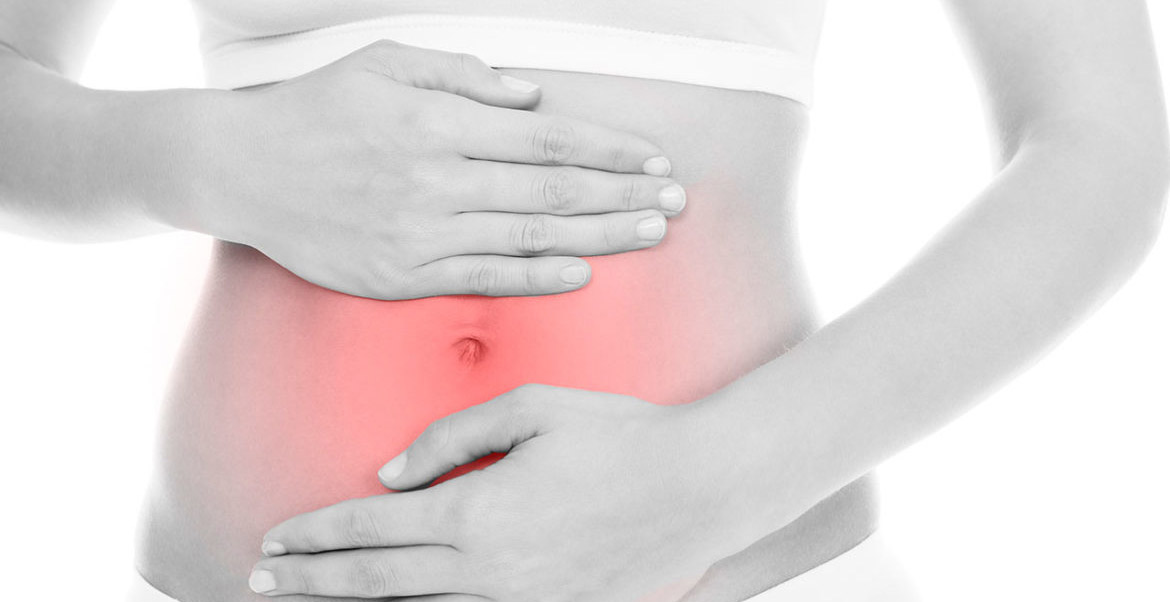Ascites is the accumulation of fluid in the peritoneal cavity inside the abdomen. Whenever an abdominal distension appears that is not due to gas or obesity that is maintained over time, you should consult your doctor as soon as possible, because ascites is never normal and is usually a reflection of a serious disease that must be diagnosed and treat as soon as possible.
A prominent abdomen that is not due to obesity, gas or pregnancy, may be associated with ascites or fluid accumulation in the abdominal cavity. Ascites is caused by the retention of water and salt in the body, with an important accumulation inside the abdomen, although proteins also influence blood and fluid. The belly increases in size more and more, until the affected person has a distended abdomen, like a pregnant woman at the end of pregnancy. It is a very annoying situation, and also unsightly, which makes some people with massive ascites feel stigmatized.
Its most frequent cause is hepatic cirrhosis, which in turn can have multiple origins, although the most frequent are cirrhosis of alcoholic origin and that produced by hepatitis B and C. There are many other diseases that can cause it, such as some tumors, certain infectious diseases, gynecological diseases, kidney problems, and other more rare as some autoimmune processes.
The basic tests to diagnose ascites are blood test, abdominal ultrasound and ascitic fluid analysis.
The cause of ascites can have many other symptoms. The appearance of ascites is usually the first decompensation of a cirrhotic patient. Cirrhosis can cause a lot of tiredness, yellowing of the eyes and skin, appearance of alterations in the skin such as spider veins or red coloration of the palms of the hands, enlargement of the breasts in men, and the appearance of very prominent veins in the skin of the abdomen.
In cases of ascites caused by a malignant tumor, this may be the first symptom, but there may be others depending on the tumor. Frequently there is loss of lean mass (of fat and muscles) although the weight does not look very modified because it increases the abdominal fluid.
The treatment of ascites caused by cirrhosis is based on the reduction of salt intake to less than 2 grams per day. Diuretics such as furosemide and spironolactone are used at increasing doses to help eliminate excess fluid. Tuberculous ascites is treated with tuberculostatic drugs. In cases in which the ascites is of the tumor type, chemotherapy is usually used.
 The best way to prevent ascites is not to drink alcohol at all or at least not drink it in excess to avoid the liver damage and cirrhosis it produces. a healthy life with a responsible or almost no alcohol consumption, complete abstinence from any type of drugs, and the use of condoms in sexual relationships other than with our stable partner, help us protect our liver to avoid cirrhosis and , consequently, ascites, which is not only unsightly and annoying, but also the reflection of a serious underlying disease.
The best way to prevent ascites is not to drink alcohol at all or at least not drink it in excess to avoid the liver damage and cirrhosis it produces. a healthy life with a responsible or almost no alcohol consumption, complete abstinence from any type of drugs, and the use of condoms in sexual relationships other than with our stable partner, help us protect our liver to avoid cirrhosis and , consequently, ascites, which is not only unsightly and annoying, but also the reflection of a serious underlying disease.
Always take care of your health with a unique and efficient service. Visit Pharmamedic.







